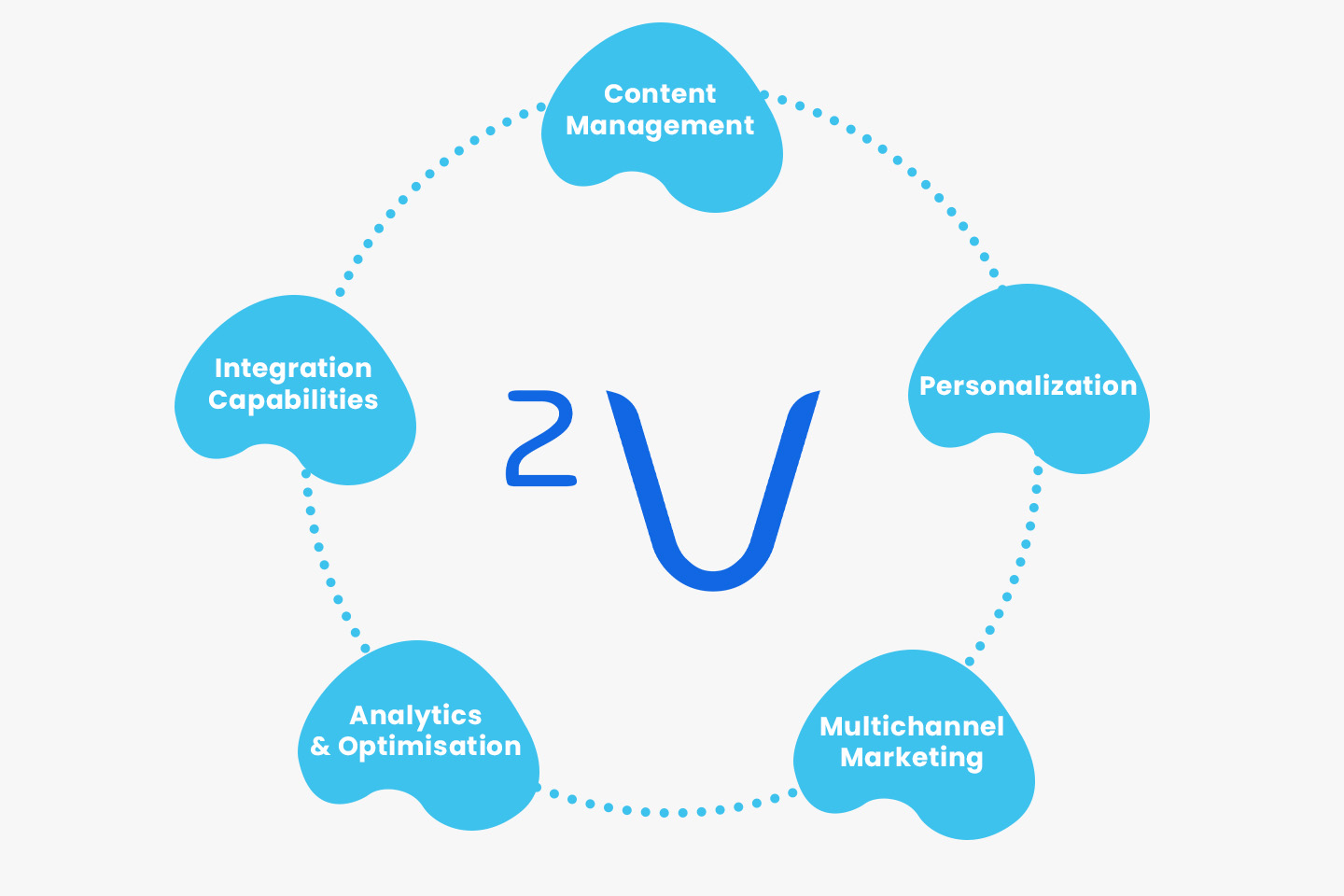In today’s fast-paced digital landscape, businesses are generating and collecting vast amounts of data from a multitude of sources. From customer interactions and sales transactions to social media engagements and website analytics, the sheer volume of data can be overwhelming. However, the true power of this data lies in its integration. By integrating data from various sources, businesses can create a unified view that drives strategic decisions and fuels success. Here’s why data integration is essential for business success in the digital age.
- Unified Customer View
One of the primary benefits of data integration is the creation of a unified customer view. By consolidating data from different touchpoints, businesses can gain a comprehensive understanding of their customers. This holistic view enables businesses to personalize interactions, predict customer needs, and improve overall customer satisfaction. For instance, by integrating data from CRM systems, social media platforms, and e-commerce sites, companies can identify customer preferences and tailor marketing campaigns accordingly.
- Improved Decision-Making
Data integration empowers businesses to make informed decisions based on a complete and accurate dataset. When data is siloed, it can lead to fragmented insights and hinder effective decision-making. By bringing together data from various sources, businesses can analyze trends, identify patterns, and uncover valuable insights that drive strategic decisions. For example, integrating sales data with marketing analytics can reveal which campaigns are most effective in driving conversions, enabling businesses to allocate resources more efficiently.
- Enhanced Operational Efficiency
Integrating data across systems streamlines business processes and enhances operational efficiency. With integrated data, businesses can automate workflows, reduce manual data entry, and eliminate redundancies. This not only saves time and resources but also minimizes the risk of errors. For instance, integrating inventory management systems with sales platforms ensures that stock levels are updated in real-time, preventing stockouts and overstock situations.
- Real-Time Insights
In the digital age, real-time insights are crucial for staying competitive. Data integration allows businesses to access and analyze data in real-time, enabling them to respond quickly to market changes and customer demands. For example, integrating website analytics with sales data can provide real-time insights into customer behavior, allowing businesses to optimize their online presence and improve user experience.
- Scalability and Flexibility
As businesses grow, so does the volume and complexity of their data. Data integration solutions are designed to scale with the business, ensuring that data remains consistent and accessible. This scalability is essential for supporting business growth and adapting to changing market conditions. Moreover, integrated data systems are more flexible, allowing businesses to easily incorporate new data sources and technologies as they evolve.
Conclusion
In the digital age, data is one of the most valuable assets a business can possess. However, its true potential is unlocked through integration. By integrating data from various sources, businesses can gain a unified customer view, improve decision-making, enhance operational efficiency, access real-time insights, and ensure scalability. At 2viz.io, we specialize in providing advanced data integration solutions that empower businesses to harness the full power of their data. Contact us today to learn how our Digital Experience Platform can help you achieve business success through seamless data integration.






